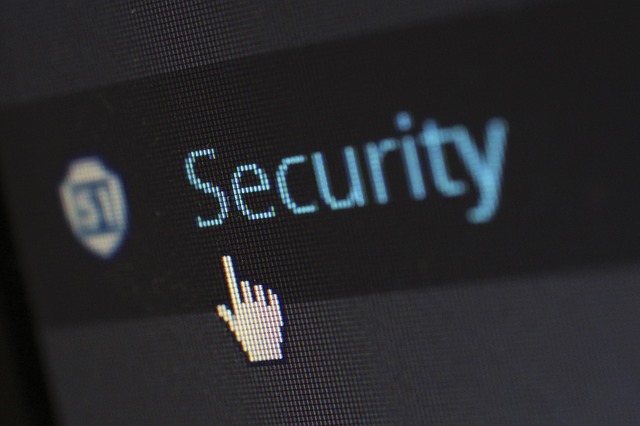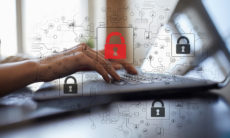In honor of World Backup Day on March 31st, we want to take a moment and remind you of how important it is to back up your data. While backing up your files really should happen much more often than once a year, take this annual excuse to do it yet again or commit to doing it more frequently. After all, your data is more valuable than your devices and should be treated that way.
You might be asking yourself “What exactly is backup?”
A backup is a second copy of all files, stored in a different location than the originals. These files include documents, family photos, and emails. Basically, anything of importance that you would be upset if it was lost forever.
Lost forever? That won’t happen to me.
Actually, losing your files is far more common than many people believe. 30% of people don’t backup their files to a second location such as an external hard drive or somewhere on the internet. Backing up your files to both of these spaces is simple, and shouldn’t take much time at all. However, if you are included in the 30% who haven’t backed up their files, you could easily lose all of your files to an accident, virus or theft.
Theft?! Tell me more.
Unfortunately, information theft is very common on the internet and is most often done with the purpose of stealing someone’s identity to commit fraud. Formally, identity theft refers to any kind of deception, scam or crime that results in the loss of personal data without your permission. Your personal information is often stolen long before you actually realize you’re a victim, which makes it especially important to be aware of the signs of identity theft.
Now I’m worried about my information being stolen. What else can I do?
The good news is that there are many precautions you can take to help protect your information online. While backing up your data is a great start, there are precautions to take on the front end to keep your systems locked down. If you’re interested in keeping your information protected online, follow these precautions to up your security:
Install firewall, anti-spyware and antivirus software: To make it more difficult for thieves to access any of your devices, install both firewall and antivirus solutions. This software protects your network by controlling what traffic enters and exits your systems while searching for any unfamiliar or unwanted threats. These tools serve as your first line of defense in keeping your sensitive files untouched.
Strengthen your passwords: Password-protect all of your applications and devices, and do so with strong passwords that are impossible for hackers to guess. When it comes to creating secure passwords, the longer the better and using a mix of numbers, letters, cases, and characters are key. To easily ensure that you make strong passwords without thinking too hard, have your computer create and remember them for you by using a password manager.
Only use secure tools:Something to keep in mind is that all devices with an internet connection should be treated with the same safety precautions. This means that software and hardware on mobile devices need to have safety precautions built in internally to protect sensitive data. If you handle any business activity on your personal devices or personal activity on business devices, double check to make sure that your company has implemented secure communication products before opening yourself up to unexpected vulnerabilities.
Know what email scams look like:One of the most common ways for hackers to enter your systems is through email scams. They deliver unwanted materials to your devices through spam and phishing emails, and knowing what these look like will help you detect and avoid falling victim. Spam emails are simply unsolicited junk mail that you didn’t sign up for. Luckily, spam emails are easy for both your email filters to detect and easy for you to identify if they slip through. On the other hand, phishing emails appear to be coming from organizations you believe to be trustworthy. Because of this familiarity associated with phishing emails, be cautious about what type of information you send in emails and always double check the spelling of names and sites you receive emails from.
Now that you have the knowledge to keep your information safe online, don’t only back up your files this World Backup Day but also update your overall security. Even if you take small steps such as updating passwords and educating yourself on more current email scam trends, it will make a big difference. Take the pledge to not be an April Fool and back up your files on March 31st.








If you use weak passwords (or the same one everywhere), you are only making it easier for someone to compromise all your accounts. Start using one of our top-rated password managers to help create a unique and strong password for every website. Click on this link to check your password https://1tool.online/